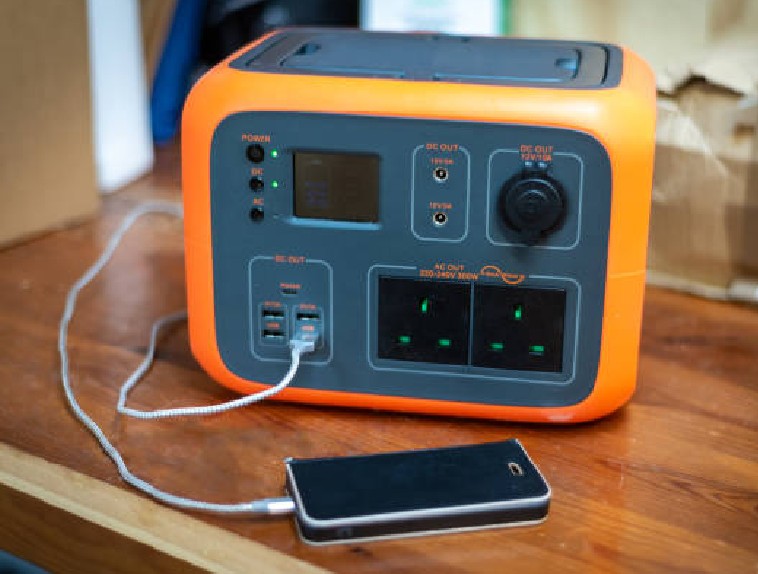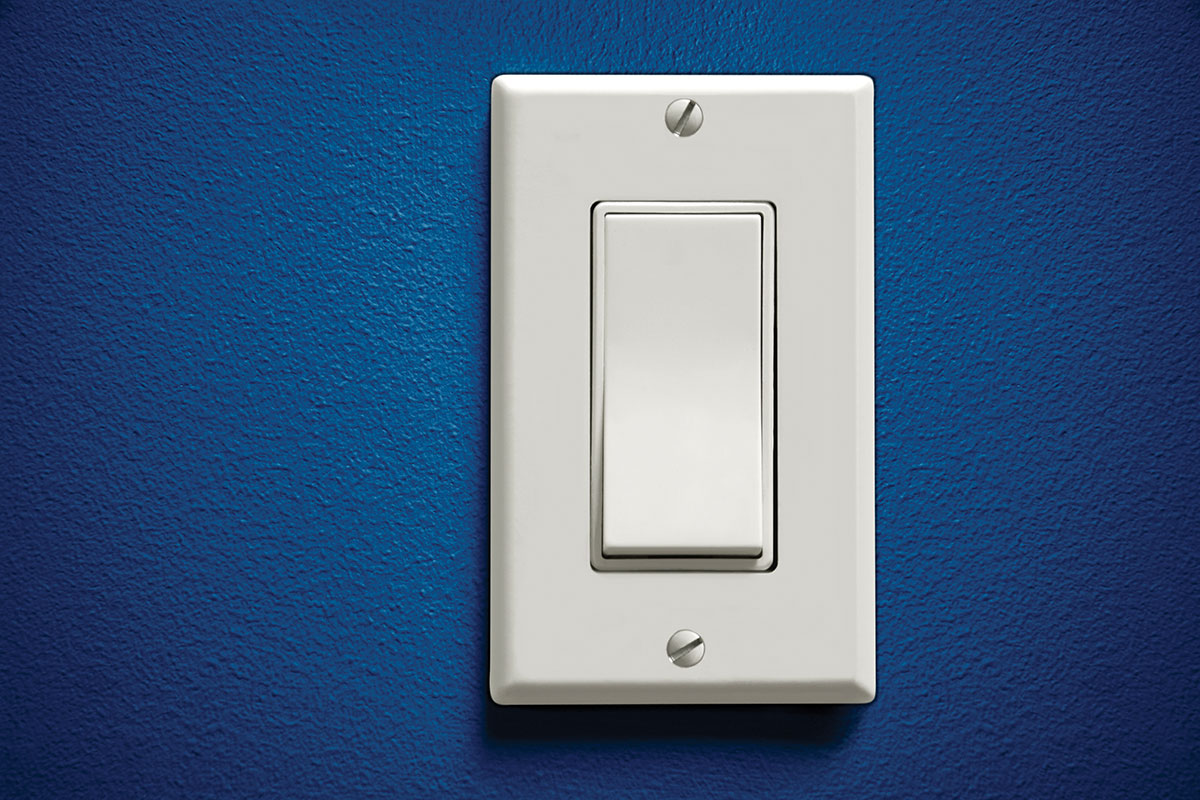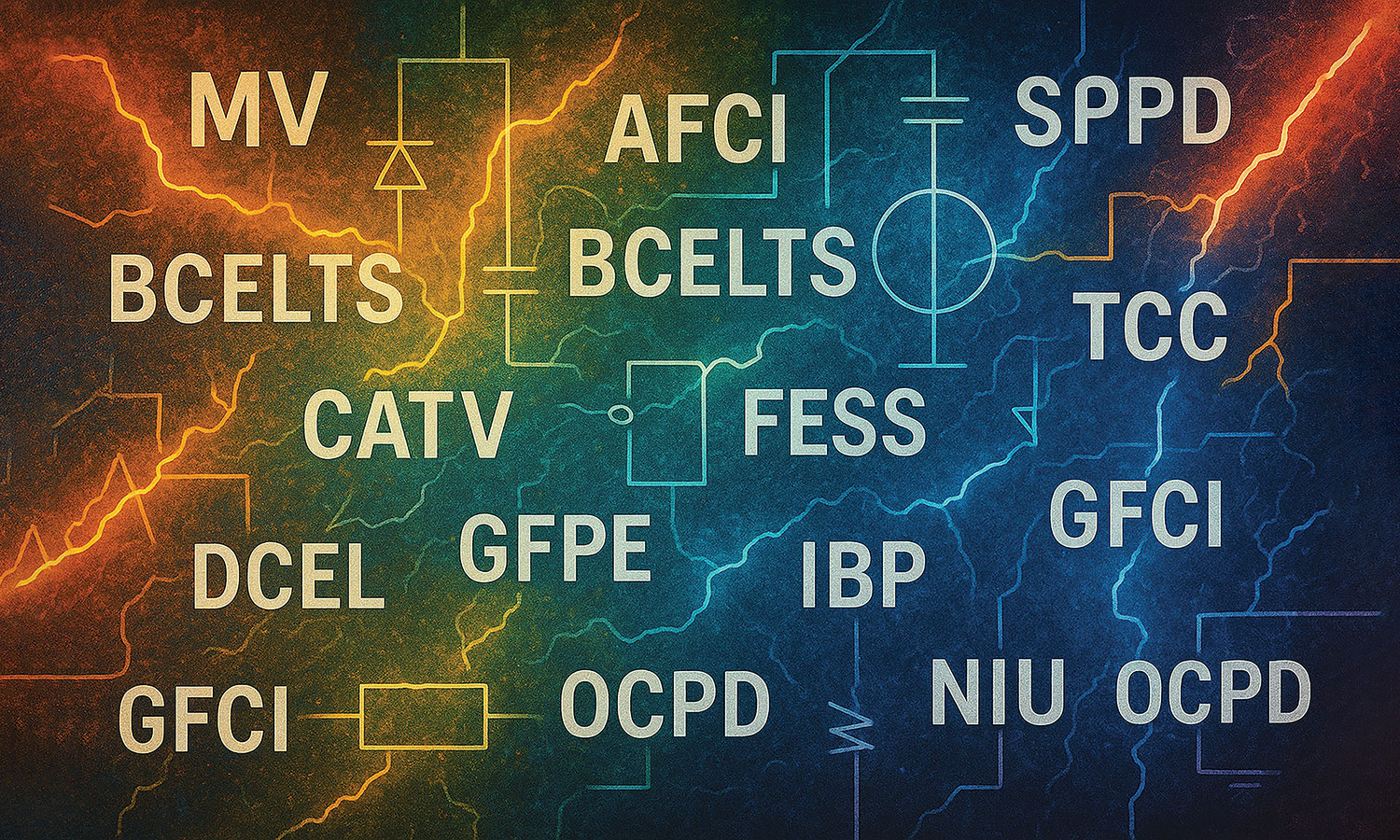Core elements—those upon which all else depend—are vitally important, both in our careers and in our lives. Often, however, we get distracted by the familiar, comfortable, sparkly or fun; then it becomes difficult to focus on the highest priority. Nevertheless, to be successful, we must take care of the core elements first.
In various ways, this issue of the magazine refocuses us on many core elements.
IAEI
Chuck Mello, our new international president, acknowledges the strengths of our old traditions and points us to a new future through focusing on five core areas: membership, a strategic plan, location of facilities, internal government, and inspector qualification/certification.
Smart Grid
In “Smart Grid 101,” Paul Molitor simplifies a lot of the technology and explores the two primary enabling features of the smart grid: (1) two-way communication and (2) two-way power flows. This article demonstrates how enabling these features could easily cause everything we want in the grid to fall in line.
NEC Code
Through re-visiting primary Code definitions and how we understand and implement them, Randy Hunter points out how intent and commonsense must be applied to each usage. His article focuses on assisting all inspectors, and particularly combination inspectors, to strengthen their approach to electrical inspections.
The core elements of conductor sizing and overcurrent device ratings are “critical to the safe, long-term operation of any electrical system, but are of particular importance in PV systems where the outdoor environment can be extreme and the PV modules will be sourcing current for 40 years or more,” writes John Wiles.
“Have we finally constructed the descriptive language that will convey the importance of avoiding and, perhaps, finally prevent an unsafe environment when it comes to an emergency in regard to vehicle fuel dispensers or to the servicing and maintenance of vehicle fuel dispensers?” asks Jonathan Cadd. His exploration of revised sections 514.11 and 514.13 will certainly spark lively discussions.
CE Code
CE Code Rule 10-700(2) specifies that “a rod grounding electrode (with few exceptions) must consist of at least two ground rods driven a minimum of 3 m apart.” Les Stoch tells us why spacing matters, by explaining the three parts of grounding resistance: metal resistance, contact resistance and earth resistance.
Ark Tsisserev asks whether we are consistent on whether a generator must be provided with a single protective and control device. He takes us step-by-step through Sections 28, 46 and 14 of the CE Code before evaluating C282 provisions and recommending amendment of Clauses 8.7.1 and 8.7.2 of C282.
Electrical fundamentals
Steve Vidal examines these basic electrical units: voltage, current, resistance and resistivity, before launching into a discussion of conductors and insulators. This article sets the stage for further discussion, in a future article, of how various devices perform.
Inspection
Tom Domitrovich has embarked on a major study of inspection methods and what new inspectors must learn before they become masters. You’ll want to read the results of his initial surveys and follow this ongoing study. You’ll be surprised what he is unearthing.
Answering your questions
UL Question Corner explores two questions: (1) whether it is “permissible to stub up conduits into the bottom of a stationary generator and continue the conductor out of the conduit directly into the generator itself” and (2) whether silicone-filled wire connectors are Listed to be used to splice THWN conductors.
Our lives
Jesse Abercrombie, our expert on business and personal retirement planning, reminds us of the six core elements of financial planning: save, watch for opportunities, hold steady, rebalance, reduce debt, and hold onto the cash. In a sluggish economy, we can all profit from these core financial elements, whether or not we’re looking at retirement.
Sustaining these and other code elements are the strong and enduring relationships we have with each other and our industry.











Find Us on Socials